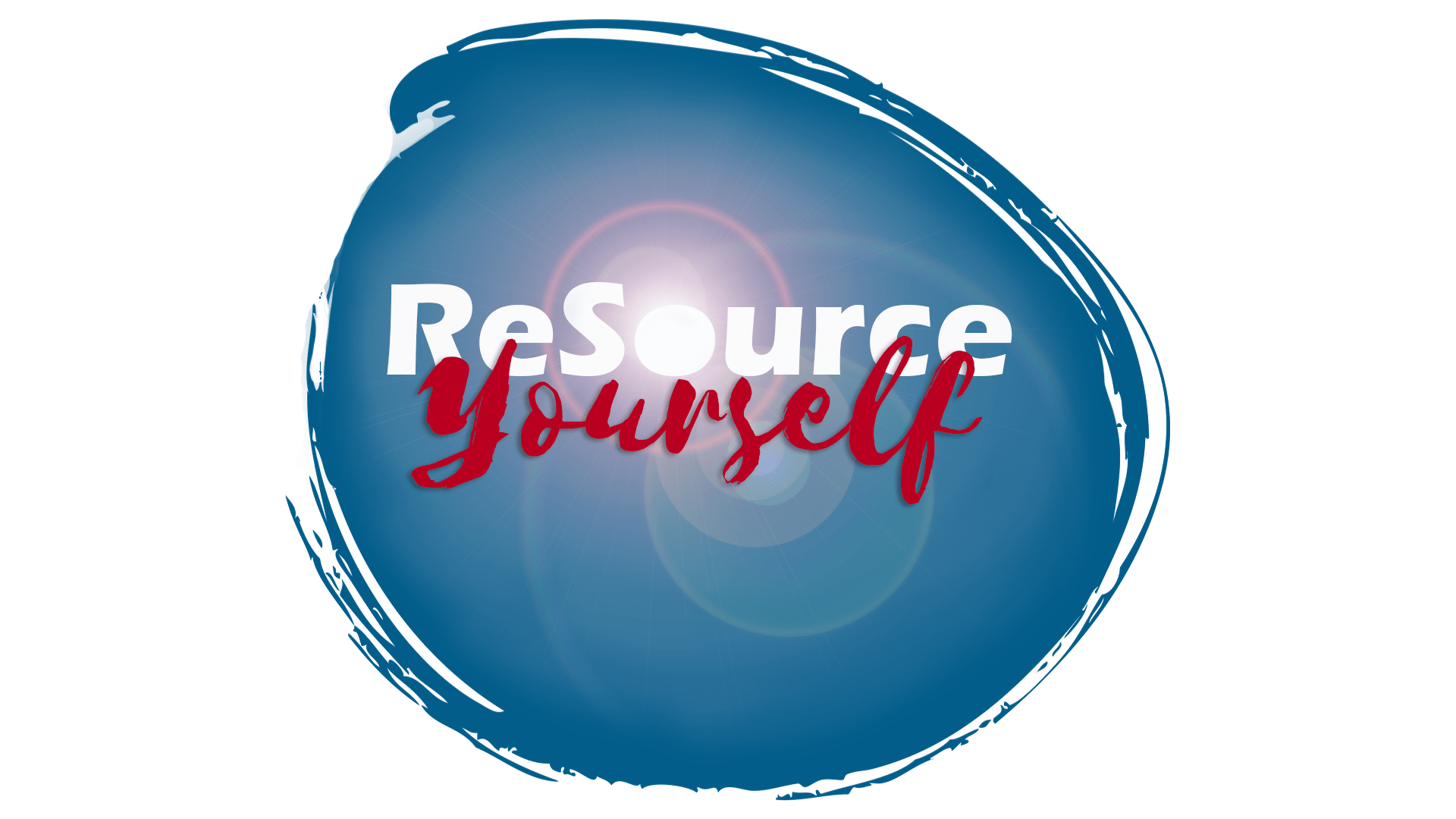OR HOW TO MAKE YOUR SENSITIVITY INTO AN ASSET
“You’re just too sensitive, don’t take things so personal!” Sensitive people hear this advise all the time. Their qualities and specific ways of being have historically and socially been portrayed as a weakness, as something to be overcome and handled.
Are you wondering if this is you? Here is how we recognize highly sensitive people:
- being sensitive to loud and intense stimuli
- processing life in more detail, and noticing subtleties
- sensing other people’s emotions and motives
- being easily overwhelmed and taking time to let go of emotional experiences
- functioning badly under a lack of sleep
- preferring to spend time with few people rather than crowds
- needing time alone to recover and process
The concept of Highly Sensitive Person (HSP) is related to these and more characteristics, and an estimated 15-20% of the world population fulfill these criteria. It is said that there is a genetic component.
Adaptation to an Accelerated Life?
As I observe the changes we experience in the last decades, I see more and more people becoming more sensitive, listening more to what they feel, being more in tune with their emotions – and I wonder if there is not an adaptive function to a world and a time that is accelerated in so many ways. Information is more accessible and needs to be filtered and processed in a different manner. Maybe a high sensitivity and the development of intuition and a different inner guidance system are the answer. Let’s look a little deeper.
Highly Sensitive Person vs. Empath vs. Intuitive
The concept of a Highly Sensitive Person (HSP) has a medical background and has been investigated. There are different words and concepts that also describe sensitive people and are used in different contexts or with different connotations.
Empaths can be seen as highly sensitive people who have extreme abilities in a specific area. They sense subtle energies and are very perceptive to other people’s emotions. Empaths know what other people need, and frequently they are the caretaker, the person to keep the peace and balance the mood in a group. Saying NO and learning to take care of themselves and to differentiate between their own needs and those of the people around is an important skill to learn for any empath.
The concept of being highly sensitive and being an empath are not exclusive. In fact, frequently people fall into both categories. Maybe the concept of empath has more of a spiritual and less of a medical background. But in many ways it is the extreme end of the scale of sensitivity.
The word “intuitive” refers to knowledge that is directly apprehended without proof or reason. This includes dreams, premonitions, and the sensation of JUST KNOWING something. It is easily linked with the qualities of being highly sensitive and being and empath – because they open the path and our abilities necessary for developing our intuition. Only because we don’t know how or why we know something, it doesn’t mean that the conclusion we draw has to be wrong – and intuitives can discover how their sensitivity leads them to an understanding and contextualization of the world in a different way than rational reasoning.
It is well possible that you could apply one or all of these concepts to yourself – but at the end, it doesn’t matter how you call it. What is important is that, as more and more of us are becoming more and more sensitive, we cannot just continue labeling these qualities as a weakness and something negative – we have to see their positive sides, and learn how to use them.
The Perks of Being Highly Sensitive
Let’s look at the richness and positive sides of our sensitivity:
- Highly sensitive people can connect on a profound level. Connection is a big asset: We can connect to people in this intuitive way to our projects, people, parts of our life. Connection brings fulfillment, motivation, and support.
- We can involve, integrate and lead people in a more effective and positive way. We have all the abilities we need – we only need to put ourselves in a position without overwhelm and self-doubt.
- Highly sensitive people can love deeply and experience the depth of positive emotions in an intense and beautiful way that is not accessible to others in the same way.
- We process more information in a more efficient way. The sensitivity to emotions and energies allows us to discern quickly what is right for us, or to put information into context.
- Through intuition, we access new resources and new ways of processing information. If we develop our skills, we can take better decisions and find a form of life guidance helpful in all areas of life.
How to Bring out These Assets
There are a few things you can do in order to support yourself and your sensitivity and to take steps towards an integrated and positive view of yourself and this quality of yours.
- The most important step towards using your sensitivity and accessing its many gifts is accepting yourself for who you are – and knowing that the sensitivity is an asset, not a weakness. It is something beautiful about you, something you can accept, love, and learn to use in your favor. When you decide that you are done trying to protect yourself and separate yourself in order to not be overwhelmed, you can start to discover a new way. There is a way of being with this intense stimulation that really brings out the positive aspects of it and lets you use this ability.
- We have to create a space for ourselves in which our needs are met. That means we have to take care of ourselves with this peculiarity of being so sensitive – and we have to respond to what we need in order to process in the way that we process. And when we do that, we can flourish, we can expand, and we can discover all the beautiful aspects of this ability.
- But one of the biggest inner shifts is trusting yourself. You have to put what you need and perceive and know above what anyone else says or senses. You have to trust your own perception. Any teaching, any traditional knowledge, is only as true for you as what your body, your instinct, your knowingness confirms. You always have to ask yourself: Is this true for me now? How so? Is it relevant for me now?
Those are my thoughts on being highly sensitive, and I would love to know where you stand, what are your challenges, and how I can support you best. I have this vision of being part of a supportive, positive, sensitive community, and I have created a closed Facebook group to grow and develop this space. Join us if you’d like to be a part of our community!
PS: If you’d like to watch my video “The Perks if Being Highly Sensitive“, check it out my YouTube Channel.


